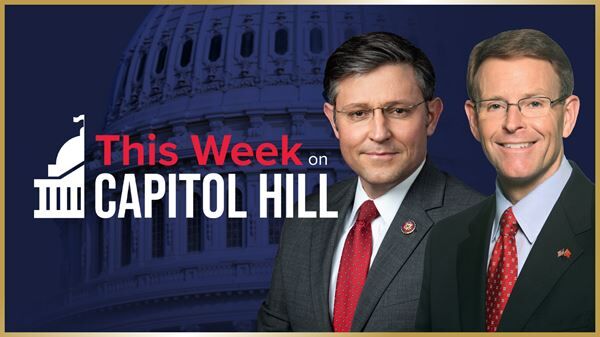The Dutch election is tied, joining a list of memorable close contests. Here are a few others
News > Politics & Government News

Audio By Carbonatix
4:55 AM on Thursday, October 30
The Associated Press
THE HAGUE, Netherlands (AP) — An unprecedented neck-and-neck race in the Dutch general election has left a far-right party and the centrists tied with nearly all votes counted Thursday.
The near total vote count showed anti-Islam lawmaker Geert Wilders' Party for Freedom and D66 each winning 26 seats in Wednesday’s election, according to the vote count tallied and published by Dutch national news agency ANP and cited by Dutch media.
The nail-biting finish is expected to lead to delays in starting the process of forming a new coalition, which is likely to take weeks or months in the splintered Dutch political landscape.
While the 2000 U.S. presidential race remains arguably the most memorable close contest, the Dutch are making headlines of their own: No election in the Netherlands has previously ended with two parties tied for the lead.
Here are examples of some tight elections in the U.S. and Europe:
It took five weeks of Florida recounts and court battles in 2000 before Republican George W. Bush prevailed over Democrat Al Gore by 537 votes for the U.S. presidency.
The Florida recount demanded by the Gore campaign famously centered on problems with outmoded punch-card ballots with canvassers trying to figure out a voter’s intent amid ballots with “hanging chads” and “dimpled chads” on the cards.
Using punch card ballots in some counties, voters poked out chads, leaving tiny holes in their ballots representing their candidates. Some didn’t press hard enough, leaving hanging or dimpled chads that had to be examined by hand, a long and tiresome process.
The case wound up in the U.S. Supreme Court, which halted the recount and handed the presidency to Bush.
Conservative Karol Nawrocki’s victory in the Polish presidential race earlier this year revealed deep divisions in the country along the eastern flank of NATO and the European Union.
Nawrocki, who was supported by U.S. President Donald Trump, won 50.89% of votes in a very tight race against Warsaw Mayor Rafał Trzaskowski, who received 49.11%, according to the runoff's final results.
Most day-to-day power in Poland rests with the prime minister, chosen by the parliament. However, the president holds the power to influence foreign policy and veto laws.
A center-right alliance led by the Social Democratic Party meant it won Portugal’s 2024 general election by just two seats in the 230-seat National Assembly, Portugal’s parliament. The center-left Socialist Party placed second with 78 seats.
The hard-right Chega (Enough) party collected 50 seats, up from 12 seats in a 2022 election, in a staggering surge that upended traditional politics in Portugal, where the Social Democrats and Socialists have alternated in power for decades.
The government only lasted a year.
Ireland’s 2020 election ended with the three biggest parties neck-and-neck: Fianna Fail with 38 seats, Sinn Fein with 37 and Fine Gael with 35.
Fianna Fail and Fine Gael, bitter opponents whose roots lie in opposing sides of the civil war that followed Ireland’s independence from the United Kingdom, had never before formed a government together.
They ended up forging a coalition, shutting out left-wing nationalist party Sinn Fein even though an electoral breakthrough that saw it win the largest share of the votes in the election. Despite coming out ahead, Sinn Fein was unable to assemble enough support to govern.
The two centrist parties have long shunned Sinn Fein because of its historic links to the Irish Republican Army and decades of violence in Northern Ireland. But in protracted negotiations further complicated by the COVID-19 outbreak, the two rival centrist parties opted for unity.
In 2005, center-right opposition leader Angela Merkel emerged from a German parliamentary election with a wafer-thin advantage after a campaign that she had started with a huge poll lead.
Then-Chancellor Gerhard Schröder, who had eaten into Merkel’s lead with a strong campaign, made way for her as chancellor only after initially claiming the right to continue leading Germany — and securing his Social Democrats half the seats in her Cabinet.
Conservative party leader Constantine Mitsotakis was only able to form a government in 1990 after aligning his New Democracy party's 150 seats with the small Renewal Party, which earned one seat.
That single seat allowed Mitsotakis to secure 151 of 300 seats in the parliament to form a slim majority.












